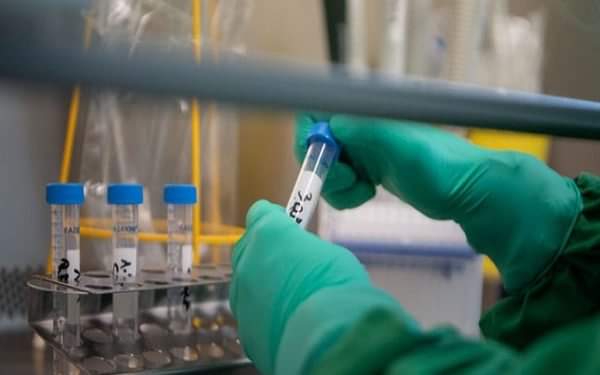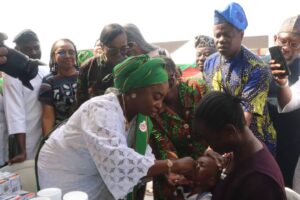
Before the Italian index case who brought coronavirus into Nigeria in February, Nigeria was largely complacent in preparing for this novel disease that was humbling rich and powerful countries in many parts of the world. Nigeria is neither rich nor powerful.
Its only hope against such a persistent plague was to avoid or evade it. But its healthcare facilities were in tatters, poorly funded and poorly equipped. Most hospitals have either few or no ventilators, including the so-called centres of excellence teaching hospitals.
Most of them were and are still lacking in face masks and protective gear, and their isolation units and ICUs can only accommodate few patients at a time. At any point in time too, some hospital staff are on strike for something as basic as non-payment of salaries and allowances.
In the face of such gross inadequacies, the news of impending coronavirus plague should have gingered huge preparations.
Alarmingly, not much was done. With countries like France, United States, Italy and Spain among others struggling to rein in the plague, there would be mayhem in Nigeria if the virus became an avalanche.
This was before the index case arrived. Not only did he arrive virtually unspotted, many other index cases — because they also came independent of the Italian — have since arrived, and the authorities are struggling with contact tracing.
Nigeria has since ramped up its efforts, but hospitals and healthcare workers are still not being funded and equipped to battle the disease should there be a surge bigger than anticipated.
States have somewhat thankfully taken the initiative, but their efforts have been piddling, obviously handicapped by money and logistics.
Isolation units, where available and readied, can only accommodate a few patients; and so far, the federal government is neither coordinating the practical responses smoothly nor providing substantial funding to prepare hospitals and relevant staff for the pandemic.
The government has ordered partial lockdowns by limiting gatherings and dishing out a welter of suggestions, but there is still very little preparedness in key areas of national life to tackle the disease, never mind the effects.
Perhaps the complacency is as a result of the country’s success in battling Ebola. But the country has been lackadaisical in addressing Lassa fever outbreaks.
A 14-man task force has, however, been set up, led by the Secretary to the Government of the Federation (SGF). The panel should have been more appropriately led by the vice president.
The Central Bank of Nigeria (CBN) last week also announced a six-point palliative to cushion the effect of the disease on the economy.
The details are yet to be worked out, but there is scepticism that the palliatives will be as comprehensive as announced or judiciously managed, not to say far-reaching enough.
The global economy is already being adversely impacted, and the Nigerian economy, which was crawling before the outbreak, will definitely not be spared.
Given the amorphous structure of the Nigerian economy, the government must be careful not to imitate the lockdown implemented by developed economies. It will be unfeasible.
Hopefully the sequestration of Nigeria should allow the government to have a handle on the disease. But it must address the dire situations of the hospitals, a remedy it had failed to carry out for decades as the elite flocked abroad for medical attention.
Now everyone is vulnerable, including the very rich and the abysmal poor. This must be an uncomfortable truth for even the presidency which has done little to rebuild or augment Nigeria’s healthcare needs.
Overall, Nigerians must hope that the disease will not flare up far beyond what the country is experiencing now. Given the state of Nigeria’s readiness, the government will find it difficult to cope.
Hopefully, too, this disease should open the eyes of the country’s leaders to all that needs to be done to shift their developmental paradigms, particularly in the economic, educational and health sectors. Hopefully.
By Idowu Akinlotan












